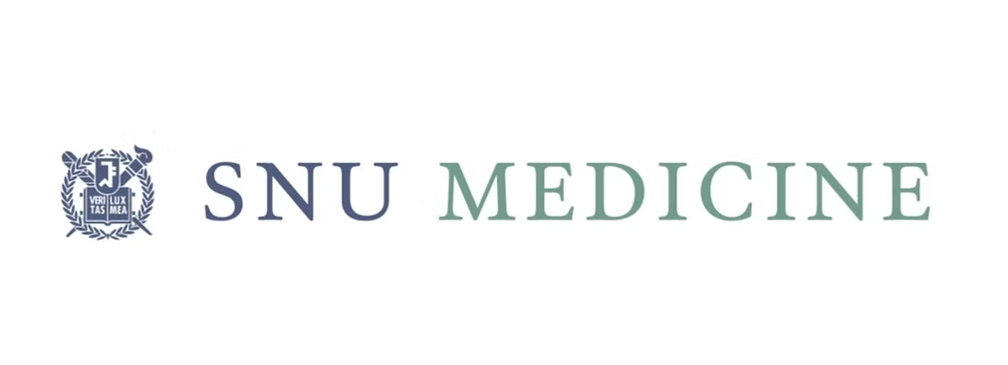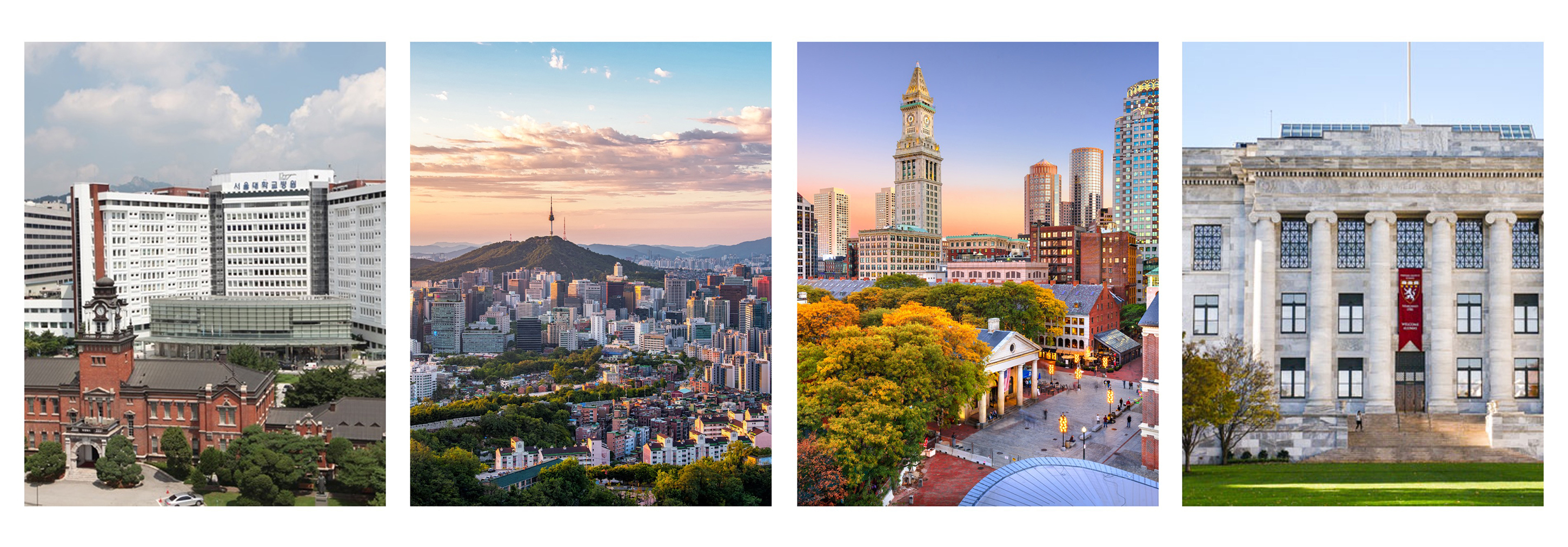The HMS-SNUH-SNUCM Collaborative Research Program is a collaboration between Harvard Medical School (HMS), Seoul National University Hospital (SNUH), and Seoul National University College of Medicine (SNUCM). The program aims to generate innovative, cutting-edge, and new knowledge that advances human health and biomedical science worldwide.
This current round of funding supports 4-8 projects at a level of up to $250,000 in total costs per year for up to two years to HMS-based Principal Investigators (PIs) and their teams. The program requires the selected HMS PIs to support at least one full-time trainee from SNUH and/or SNUCM labs. Each project will represent a collaboration between the lead PI at HMS and a PI at SNUH/SNUCM, and collaborating labs at SNUH and SNUCM will receive up to 100,000,000 KRW per year for up to two years from a separate funding source in Korea. Collaborating investigators from HMS, Harvard T.H. Chan School of Public Health, Harvard-affiliated hospitals, and the Massachusetts Institute of Technology can participate as co-investigators.
For more information, please review the RFP

Established in 1782, Harvard Medical School began with a handful of students and a faculty of three. The first classes were held in Harvard Hall in Cambridge, long before the School’s iconic quadrangle was built in Boston. With each passing decade, the School’s faculty and trainees amassed knowledge and influence, shaping medicine in the United States and beyond. Some community members—and their accomplishments—have assumed the status of legend. We invite you to access the following resources to explore Harvard Medical School’s rich history.
Members of the Harvard Medical School community have been expanding the boundaries of knowledge for more than 200 years. The following entries represent just a sampling of their progress, including accomplishments made by faculty members at the School’s affiliated hospitals and research institutes. (Introduction video)

For the past 130 years, Seoul National University Hospital (SNUH) has been leading the advancement of medicine in South Korea, as the central national hospital that represents South Korea. SNUH is at the forefront of improving not only the nation’s healthcare but also global medicine through its network of hospitals that includes SNU Bundang Hospital, SMG-SNU Boramae Medical Center, SNUH Healthcare System Gangnam Center, and Sheikh Khalifa Specialty Hospital (SKSH) located in the United Arab Emirates (UAE). SNUH pledges to continuously provide world-class medical service to patients by enhancing the patient-care system and working towards maintaining a comfortable facility environment. (Introduction video)

Seoul National University College of Medicine (SNUCM) boasts of 520 dedicated professors who have an outstanding reputation for excellence in teaching and medical research. With over 2,000 students in undergraduate and graduate programs, SNUCM offers exceptional education and training under the mission of nurturing competent health care providers and scientists. SNUCM also offer a wide range of disciplines of more than 50’s master’s and doctoral programs in biomedical research to help students reach their career goals. SNUCM's faculty is devoted to providing the highest standard of medical treatment and research in all fields of medical science as well as the public contribution to improve global health care and the future of South Korea. (Introduction video)

